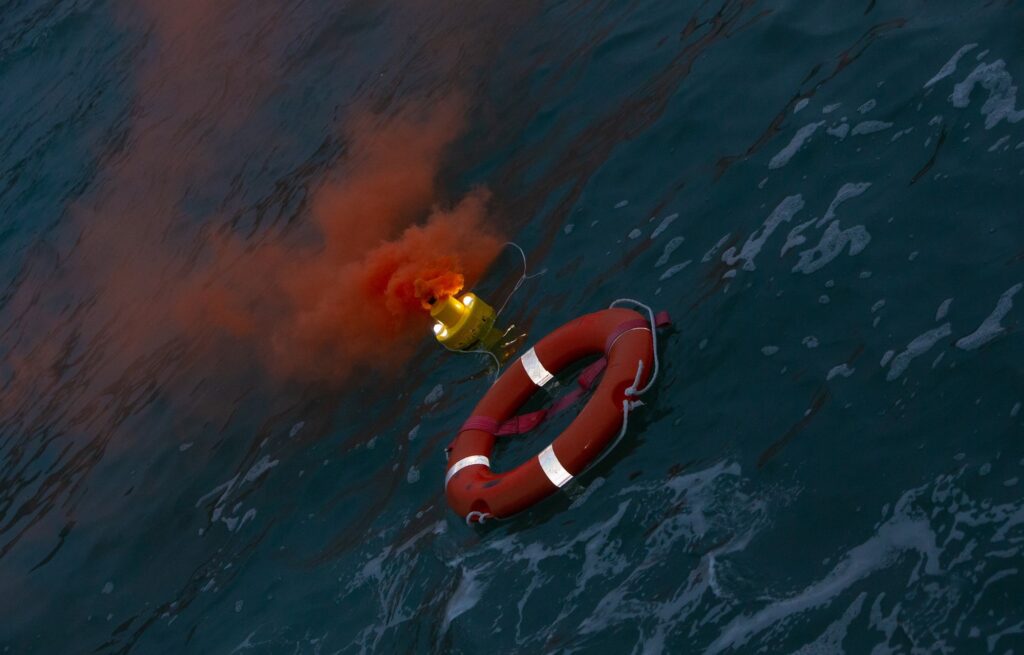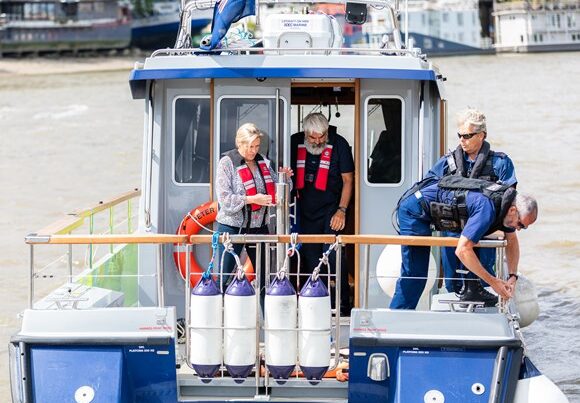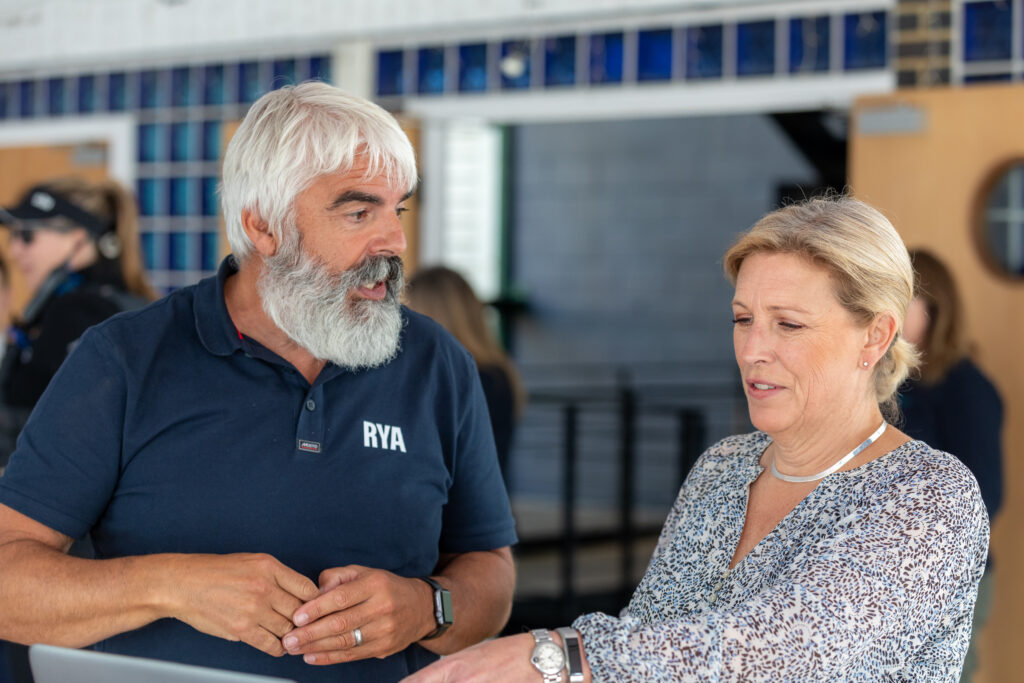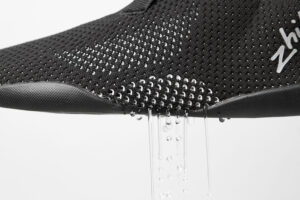Report finds almost half of man-overboard cases result in death

Analysis conducted by the Marine Accident Investigation Branch (MAIB) has revealed the challenges faced by crew when tasked with recovering a crewmate who has fallen overboard.
The report finds that crew have, on average, under 11 minutes to recover a crewmate who has fallen overboard into cold water before the victim becomes unresponsive.
The analysis of 20 accidents that occurred between 2017 and 2021 shows that the time decreases as the water becomes colder or the sea state rougher. In some cases, the crew had just four or five minutes to coordinate a complex recovery under extreme pressure.
MAIB is a UK government organisation authorised to investigate all maritime accidents in UK waters and accidents involving UK-registered ships worldwide
Separate MAIB data sheds further light on the scale of the challenge of getting a victim back on board. When examining the rate of successful recovery, MAIB found that of the 308 man-overboard occurrences reported to MAIB between 2015 and 2023, tragically 40 per cent led to a fatality.

In the recreational sector, the picture was more concerning, with the data indicating that almost half (47 per cent) of man-overboard occurrences that were reported to the MAIB from pleasure craft resulted in a fatality. In the fishing industry, this rose further still with just over half of man-overboard incidents (56 per cent) ending in tragedy.
Whilst overall rates of man overboard were lower for other parts of the industry, the same hazard still exists. Of the 20 man-overboard incidents from cargo vessels, six resulted in the loss of a crew member. Inland waterways saw six fatalities from 24 incidents, and passenger ships eight incidents resulting in one fatality. For service ships, the rate of recovery was the best in the industry, with only 15 per cent unsuccessful.
In November 2022, MIN reported on the tragic case of Colin Galder, owner and skipper of 42-foot sloop Morgan of Marietta, who went overboard about halfway through a race, and drowned before his crew could get him back onto the boat. It was found that a lack of safety equipment had contributed to his death.
In December 2022, MIN also reported on a horrific incident aboard the US Navy’s hospital ship USNS Comfort that led to 19 people falling overboard and injuries to two sailors, during transfer from a small boat.

To launch Maritime Safety Week 2023 (3-10 July 2023), the UK maritime minister Baroness Vere joined the MAIB and Royal Yachting Association (RYA) at a special demonstration to raise industry awareness of the challenges of man-overboard recovery.
“Man-overboard recovery can be exceptionally challenging at the best of times, but the recovery becomes much harder if the casualty is unconscious or unresponsive,” says Andrew Moll, the chief inspector of marine accidents. “Our data paints a truly shocking picture of just how little time a crew can have before cold water incapacitation renders a casualty unable to assist in their own rescue. It is essential that boat users – regardless of the sector – think carefully about how they would recover a crew member on their vessel.”
Vaughan Marsh, RYA chief instructor, adds: “Crews need to prepare, plan and practise in order to have the best chance of helping a crewmember. Prepare by undergoing appropriate training, make a plan based on their vessel and ensure that they practice by carrying out regular drills, including actually using whatever equipment they have to recover the casualty from the water in those drills.”
Proactive detection systems can make a difference in man-overboard survival rates by drastically speeding up rescue time. The MAIB data analysed in this article did not break down incidents where such technology was or was not used.
Utilising a water-activated Maritime Survivor Locating Device (MSLD) can alert crews to a man overboard situation within seconds. Devices, including personal beacons, alarms and trackers, can continually transmit the position of the casualty, even if incapacitated.
Read MIN’s articles about 121.5 MHz / VHF DSC / AIS MSLD devices.











What proportion of MOBs are reported to MAIB? Presumably in the leisure sector it’s only ones where there was a high risk of death so it’s not entirely surprising that so many did result in death. The figures are frightening but need to be set in context. If someone falls into warmer water and can climb back in under their own steam it’s unlikely that the MAIB will hear about it.